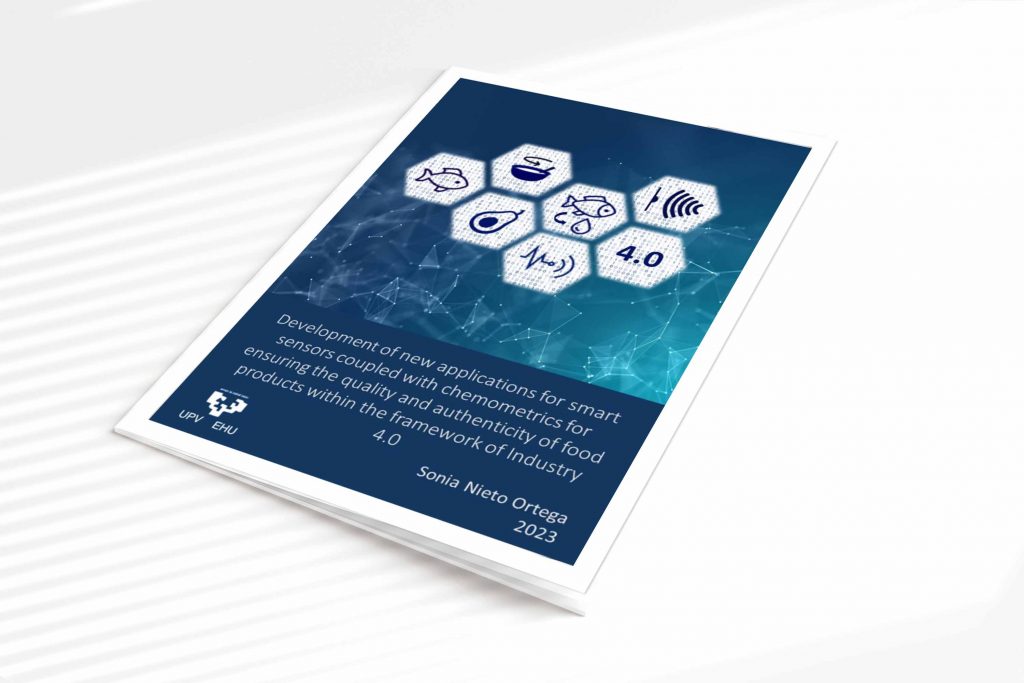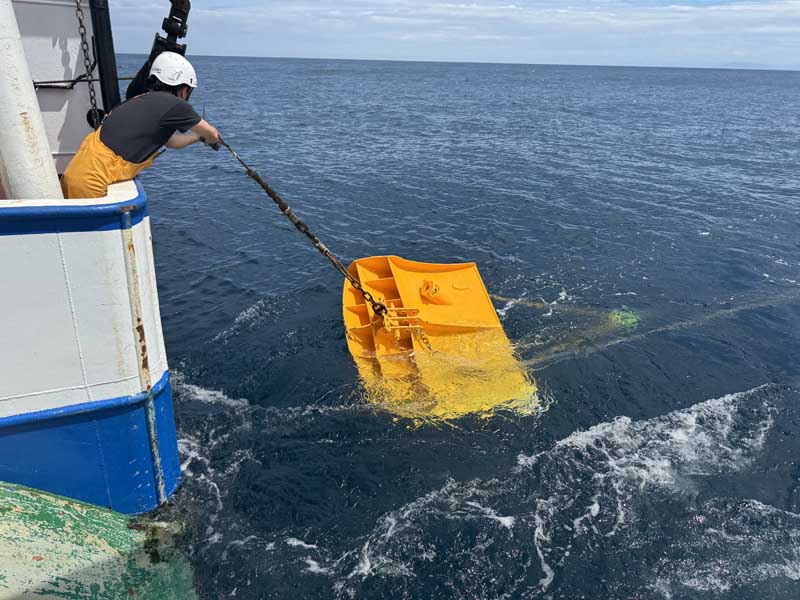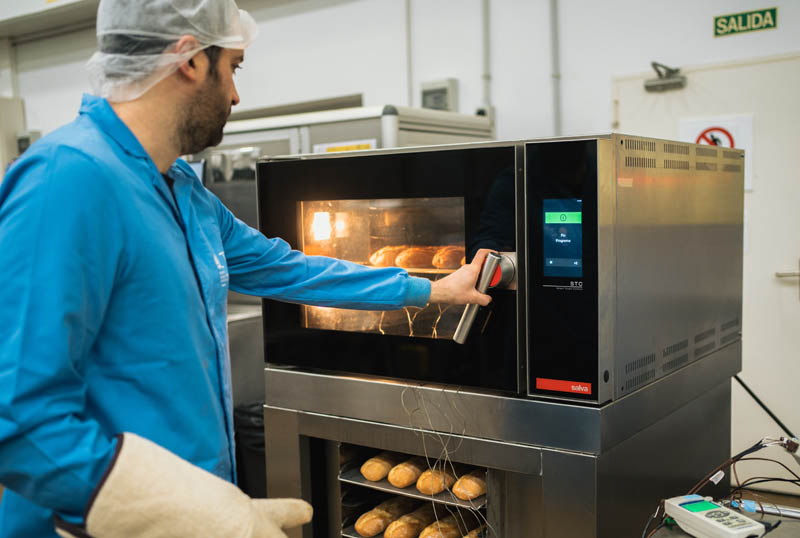Nueva doctora: Sonia Nieto
Últimas noticias
Microbios que hablan: lo que el ADN ambiental nos cuenta de los estuarios
Campaña Selectividad 2025: innovación para un arrastre más responsable
AZTI recibe el premio Bai Euskarari Saria 2025
El pasado martes 7 de marzo Sonia Nieto defendió su tesis doctoral titulada “Development of new applications for smart sensors coupled with chemometrics for ensuring the quality and authenticity of food products within the framework of Industry 4.0”. La defensa tuvo lugar en la facultad de Ciencias de la UPV/EHU, y la tesis ha sido dirigida por Idoia Olabarrieta y Ángela Melado como tutoras en AZTI, y Gorka Arana como tutor de la UPV/EHU.
El tribunal, compuesto por José Manuel Amigo (UPV/EHU), Coral Ortiz Sánchez (Universidad Politécnica de Valencia) y Federico Marini (Sapienza-Università di Roma), destacó la calidad científica del trabajo realizado, así como la excelencia de la presentación oral y del documento escrito.
La tesis obtuvo la calificación de Sobresaliente por unanimidad.

Resumen de la tesis (en inglés):
The quality and authenticity assurance of food products has become an essential issue for the food industry. Even though it has been traditionally controlled using analytical destructive methods, food industry would benefit from a change that can overcome their drawbacks. The digital transformation of the industry, also known as Industry 4.0, has emerged recently as a change of paradigm in the current processes. Smart sensors have arisen as powerful tools in this digital transformation. They are a good option to perform the control of authenticity and quality in the food industry and to monitor processes. However, in order to make these sensors smart, there is the necessity of using chemometrics.Even though in other sectors this digitalization is assumed to be necessary and has already started, food industry transformation is slowed down due to its specific casuistry. In big companies, this digitalization is already a fact, but SMEs, which in Europe account for more than the 90% of the food companies, need the development of applications ad-hoc adapted for their needs, using sensors with a lower cost but still rigorous, since they have limited resources and/or digital capabilities. Therefore, more investigation is needed for the digitalization of this sector, especially regarding these enterprises.With that aim, this doctoral thesis has used three different non-destructive and portable sensors, based in different principles (near infrared spectroscopy or NIRS, bioelectrical impedance analysis or BIA and time domain reflectometry or TDR), coupled with the use of different chemometric methods, for developing five different new applications regarding the quality and authenticity control of four different food matrices: tuna, fish oil coming from by-products, avocado and béchamel sauce.







